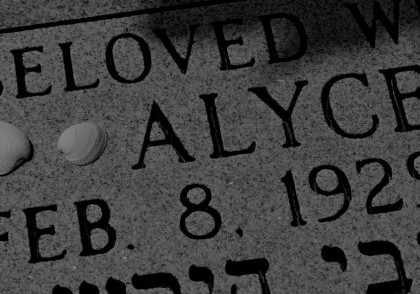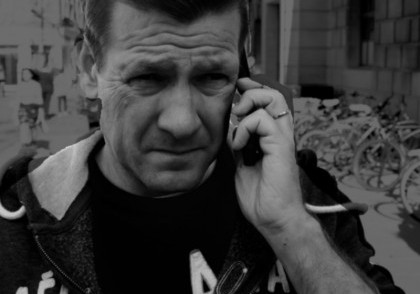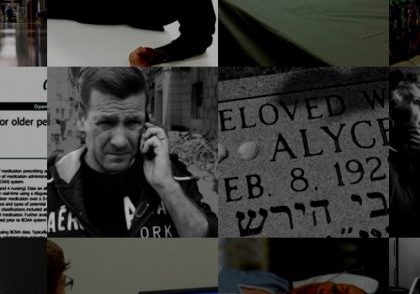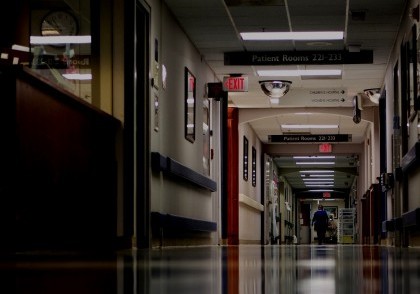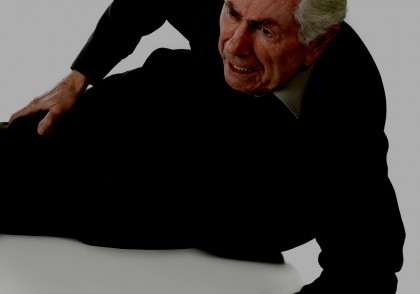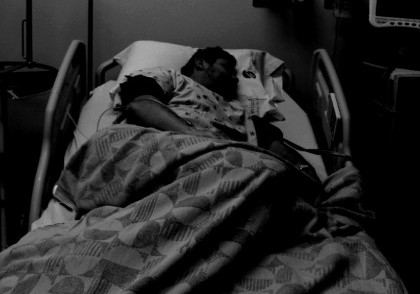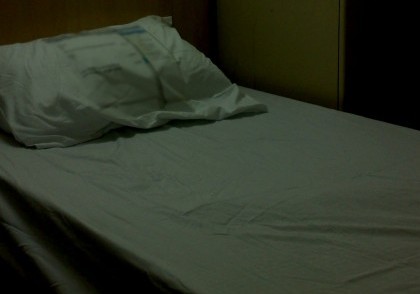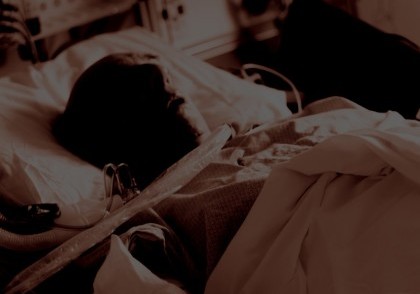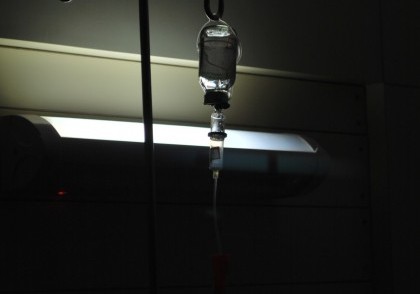The elderly population in America is growing. According to the National Center on Elder Abuse, the 2010 census estimated that there were around 40.3 million elderly individuals in the country. This was the "greatest number and proportion of people age 65 and older in all of decennial census history." By 2050, the elderly population is expected to include some 83.7 million individuals. With the older generation becoming so much greater in the coming years, it is important to be aware of the kinds of issues and challenges that these individuals may face, including elder abuse.
One place that elder abuse can and does occur is in a nursing home. People choose to put their loved ones in nursing homes and other care facilities for a variety of reasons. This decision is never easy and when people choose to entrust the care of their loved one to another, they do so with the belief that their loved one will be treated with dignity and respect. While many nursing home residents are treated well and receive excellent care, this is not always the case. Every year, elder individuals are abused and mistreated at these facilities. Unfortunately, one form of abuse that a nursing home resident may subject to is sexual abuse.
If your loved one has been subject to mistreatment at a nursing home, such as sexual abuse, he or she may be able to recover compensation for his or her injuries. Contact the law firm of Dalli & Marino today to discuss your loved one's case.
What Is Elder Abuse?
The CDC defines elder abuse as "[a]n intentional act or failure to act by a caregiver or another person in a relationship involving an expectation of trust that causes or creates a risk of harm to an older adult." Around 10% of the elderly have been subject to some form of abuse including "physical abuse, psychological or verbal abuse, sexual abuse, financial exploitation, and neglect." However, according to the National Council on Aging, "one study estimated that only 1 in 14 cases of abuse are reported to authorities."
Sexual Abuse In Nursing Homes
One especially heinous type of elder abuse is sexual abuse. The National Council on Aging defines sexual abuse as "touching, fondling, intercourse, or any other sexual activity with an older adult, when the older adult is unable to understand, unwilling to consent, threatened, or physically forced." According to the Pennsylvania Coalition Against Rape (PCAR), elder sexual abuse in general is severely underreported, and sexual abuse especially so. Elderly individuals who been the victim of sexual abuse are "highly unlikely to report the crime-much more so than younger victims." The Coalition states that "[o]nly one out of four cases of elder abuse is reported, and sexual abuse is believed to be the least reported type of elder victimization."
According to the National Committee for the Prevention of Elder Abuse, those who are cognitively impaired or physically disabled are more at risk to be victimized. Individuals who are isolated or do not have a support system also have a greater chance of being abused. In addition, women are more frequently the victims of sexual abuse.
What Are The Warnings Signs Of Abuse?
There are several warnings signs that an elderly individual has been subject to sexual abuse. The individual may have:
- Pain, irritation, or bleeding in the genital region or anal region
- Bruising in the genital region or bruising on the inner thighs
- Underclothing that is bloody, stained, or has been torn
- Difficulty sitting or a difficult time walking around
- Contracted a sexually transmitted disease (STD)
- Behavioral changes
What Should I Do If I Suspect My Loved One Has Been Abused?
If you suspect that an elderly person has been abused it is important to get them help. If an elderly individual is in immediate danger, contact the police. If the individual is not in immediate danger, you can report the suspected abuse to the state Adult Protective Services agency. Click here to go the Adult Protective Services website for the state of New York.
Filing An Elder Abuse Lawsuit
If your loved one has been sexually abused, he or she may want to hold their abuser accountable for their injuries that they suffered. This can include pursuing criminal charges as well as filing a civil lawsuit for damages. The claims that can be raised in a elder sexual abuse case will depend on the facts and circumstances of the particular case and may include:
Negligent Hiring
If an elderly individual was abused in a nursing home by a nursing home employee, he or she may be able to hold the nursing home liable for negligent hiring. Negligent hiring occurs when an employer "has either hired or retained the employee with knowledge of the employee's propensity for the sort of behavior which caused the injured party's harm." Detone v. Bullit Courier Service, Inc., 140 A.D.2d. 278, 279 (N.Y. App. Div. 1988). The employer may be held liable because he or she "placed the employee in a position to cause foreseeable harm, harm which would most probably have been spared the injured party had the employer taken reasonable care in making decisions respecting the hiring and retention of his employees." Id.
Sexual Assault
In addition to holding the nursing home facility liable for the injuries that he or she endured, an elderly individual can sue the person or persons who have sexually abused them.
Statute Of Limitations
The law limits that amount of time that a person has to file a civil lawsuit. This time limit is called the statute of limitations. How long an individual has to file a claim will depend on the claim at issue. For claims of negligence, such as negligent hiring, the statute of limitations is three years. N.Y. C.P.L.R. §
214(5). For sexual assault claims, the statute of limitations will vary depending on a number of factors such as if a criminal case has been filed.Contact An Attorney
If you or your loved one has been the victim of sexual abuse at nursing home, please contact the law firm of Dalli & Marino today. Our experienced and knowledgeable attorneys are committed to helping the elderly who have been subject to abuse and neglect. We strive to provide every client with excellent legal representation and are dedicated to helping our clients recover just compensation for the injuries that they have suffered. Give our office a call today for a free case evaluation at (888) 855-6374, or fill out our online contact form.
Case Study – [MC]
“But for that dosing error… Mom would still be with us.” DATELINE…
Case Study: Wrongful Death
Nursing Home Abuse: Case Study 19: Wrongful Death in a Nursing Home
Case Study: Nursing Home Abuse — From a Distance
You can’t be there every minute. But what of the warning signs for nursing home abuse?
Cases of Nursing Home Abuse
Review our portfolio of case studies covering numerous aspects of nursing home abuse: falls, bedsores, over-medication, neglect.
Case Study: Where is Everyone?
Nursing Home Abuse Case Study: Understaffing or neglect in a nursing home can cause severe loneliness, depression, loss of appetite or ignore health warning signs.
Case Study: Nursing Home Falls
Nursing Home Abuse: Despite best practices intended to reduce the incidence of falls, they remain a common cause for nursing home injuries.
Case Study: It Starts with Bruising
Nursing Home Abuse: Bedsores caused by neglect
Case Study: Nursing Home Bedsore
Nursing Home Abuse: Bedsores can lead to fatal complications, including organ failure and even cancer.
Case Study: I Never See A Doctor When I Request One
Nursing Home Abuse Case Study: Patients fail to receive prompt attention from nursing home physicians.
Case Study: Medication Error
Nursing Home Abuse Case Study: A medication error leads to dangerous health complications or death.
